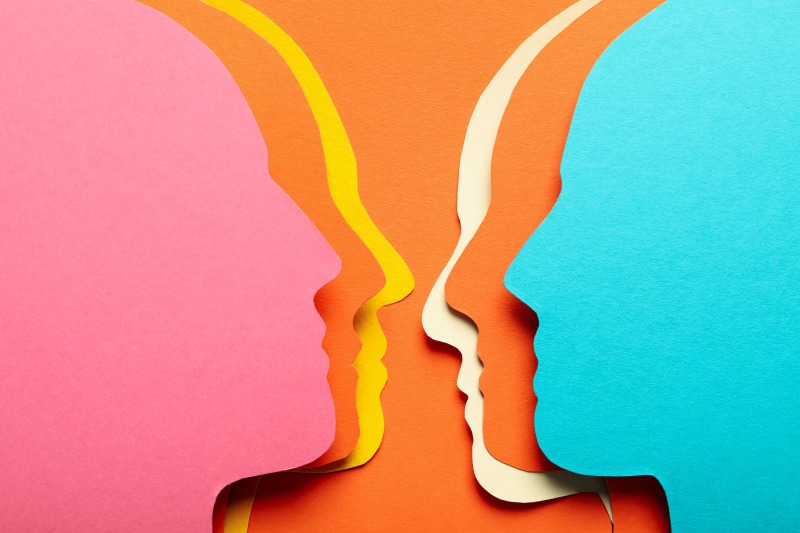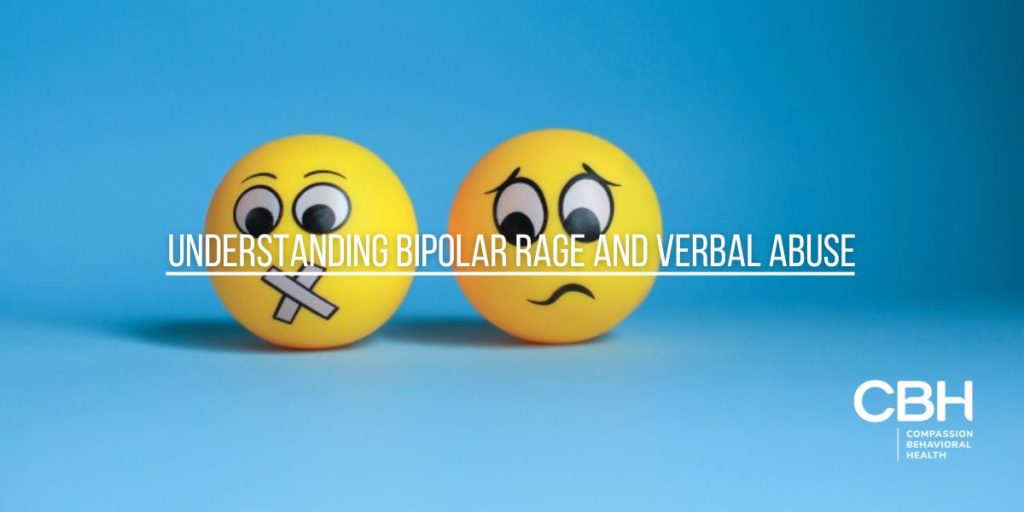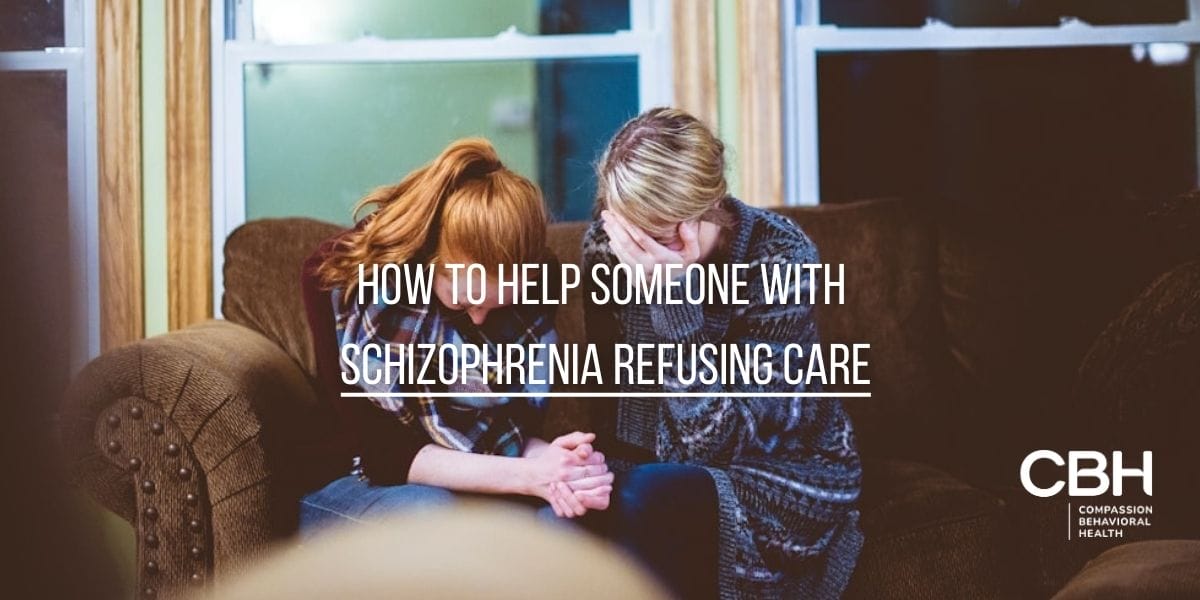In this article, we will explore the complex relationship between bipolar disorder, rage, and verbal abuse. Understanding these dynamics can aid in effective management and help both individuals suffering from bipolar disorder and their loved ones navigate the challenges that arise. We will cover definitions, symptoms, the psychological connection between bipolar disorder and mood swings, the identification of verbal abuse, and practical coping strategies.
Defining Bipolar Disorder
Bipolar disorder is a mental health condition characterized by extreme mood swings that include emotional highs (mania or hypomania) and lows (depression). These fluctuations can affect a person’s energy, activity levels, sleep patterns, behavior, and ability to think clearly. During manic phases, individuals may experience heightened energy, increased goal-directed activities, and an inflated sense of self-esteem, which can lead to impulsive decisions that have significant consequences. Conversely, during depressive episodes, feelings of sadness, lethargy, and disinterest in daily activities can dominate, often leaving individuals feeling isolated and overwhelmed.
The exact cause of bipolar disorder is not fully understood, but a combination of genetic, neurochemical, and environmental factors is believed to contribute. Family history plays a significant role, as individuals with a relative who has bipolar disorder are at a higher risk of developing the condition themselves. Additionally, neurochemical imbalances in the brain, particularly involving neurotransmitters like serotonin and dopamine, are thought to influence mood regulation. Identifying and defining the disorder is the first step toward understanding its effects and implications for behavior, including aggression and verbal expressions of rage. Understanding these underlying factors can aid in developing more effective bipolar treatment strategies tailored to individual needs.
Symptoms and Diagnosis
The symptoms of bipolar disorder can vary widely between individuals but may include:
- Extreme mood changes
- Changes in sleep patterns
- Fluctuations in energy levels
- Racing thoughts and rapid speech
- Impulsivity and poor judgement
- Feelings of hopelessness and worthlessness
Diagnosis typically includes a thorough evaluation by a mental health professional, who may conduct interviews, questionnaires, and refer to the DSM-5 criteria to determine the presence and type of bipolar disorder. It’s important for individuals seeking diagnosis to provide a comprehensive history of their mood changes and any associated behaviors, as this information can be crucial for accurate assessment. Furthermore, mental health professionals often consider the duration and intensity of symptoms, as well as any potential triggers, to distinguish bipolar disorder from other mood disorders.
Types of Bipolar Disorder
There are several types of bipolar disorder, primarily:
- Bipolar I Disorder: Characterized by manic episodes that last for at least 7 days or are so severe that immediate hospital care is required.
- Bipolar II Disorder: Defined by a pattern of depressive episodes and hypomanic episodes, but not the full-blown manic episodes characteristic of Bipolar I.
- Cyclothymic Disorder: Chronic fluctuations in mood, including periods of hypomanic symptoms and periods of depressive symptoms lasting for at least two years.
Each type exhibits distinct characteristics, but all forms can contribute to rage and verbal abuse during manic or depressive phases. Additionally, individuals may experience mixed episodes, where symptoms of both mania and depression occur simultaneously, leading to heightened emotional distress and confusion. Understanding these variations is essential for both patients and their support systems, as it can significantly impact treatment approaches and the management of daily life.
The Connection Between Bipolar Disorder and Rage
Understanding the connection between bipolar disorder and rage is essential for managing its implications on relationships and personal well-being. Mood swings can lead not only to feelings of euphoria or sadness but also emotional outbursts, including rage. Recognizing these patterns can aid in developing coping strategies that mitigate the impact of these intense emotions on daily life.

The Role of Mania
During manic episodes, individuals may have increased irritability, impulsiveness, and heightened emotional responses. This state can lead to aggressive behavior and verbal outbursts, particularly when faced with perceived challenges or frustrations. Compounding this effect is the sense of invincibility that often accompanies mania, which can exacerbate confrontational reactions. In such moments, the individual may not fully grasp the consequences of their actions, leading to strained relationships and feelings of regret once the episode subsides. Understanding these dynamics is crucial for both individuals with bipolar disorder and their loved ones, as it fosters empathy and encourages open communication about triggers and feelings.
The Impact of Depression
When experiencing depressive episodes, individuals may feel overwhelmed by hopelessness or frustration. This emotional turmoil can result in withdrawal, but, paradoxically, in some cases, it may manifest as anger directed outward. The contrast between mania and depression can create a sense of confusion, both for the individual and those around them. This unpredictability can lead to misunderstandings and conflicts with family, friends, and colleagues, who may struggle to comprehend the rapid shifts in mood. Moreover, the stigma surrounding mental health issues can further isolate individuals, making it difficult for them to seek help or express their feelings without fear of judgment. Recognizing the signs of these emotional swings is vital for creating a supportive environment where individuals feel safe to share their experiences and seek the necessary treatment.
Understanding Verbal Abuse in Bipolar Disorder
Verbal abuse can take various forms, including hurtful comments, yelling, and derogatory language. In the context of bipolar disorder, understanding how this behavior manifests is crucial for both the individual and their support system.
Identifying Verbal Abuse
Verbal abuse often includes:
- Yelling or shouting
- Name-calling or derogatory remarks
- Threatening language
- Manipulative or controlling statements

Recognizing these behaviors is essential for individuals experiencing bipolar rage, as well as for loved ones who may suffer the consequences. Effective communication strategies and conflict resolution techniques can mitigate these outbursts. It is also important to note that the context in which these behaviors occur can significantly influence their impact. For instance, during manic episodes, an individual may be more prone to impulsive reactions, which can lead to heightened instances of verbal abuse. Understanding the triggers and patterns associated with these episodes can aid in developing proactive measures to prevent escalation.
The Emotional Impact of Verbal Abuse
Both the perpetrator and the victim of verbal abuse can experience significant emotional harm. For the individual with bipolar disorder, the guilt and shame following an outburst can deter recovery and exacerbate feelings of isolation. Conversely, those on the receiving end may struggle with low self-esteem, anxiety, and feelings of worthlessness. The cycle of abuse can create a toxic environment, where communication breaks down and trust erodes, making it increasingly difficult for both parties to seek help or support. Additionally, the long-term effects of verbal abuse can lead to chronic mental health issues, further complicating the already challenging dynamics of bipolar disorder.
Furthermore, understanding the role of stigma surrounding mental health can also play a significant part in how verbal abuse is perceived and addressed. Many individuals with bipolar disorder may fear judgment or misunderstanding from their peers and family, leading them to hide their struggles or avoid seeking help. This silence can perpetuate the cycle of abuse, as unaddressed issues fester and grow. Encouraging open dialogue about mental health and fostering a supportive environment can be instrumental in breaking this cycle, allowing for healing and healthier interactions to take place.
Causes of Bipolar Rage and Verbal Abuse
Bipolar rage and verbal abuse can stem from a multitude of factors that intertwine physiological, psychological, and environmental elements.
Biological Factors
Research indicates that biological factors, such as neurotransmitter imbalances, play a crucial role in the behavioral manifestations of bipolar disorder. Dysregulation in brain chemicals (like serotonin and dopamine) can contribute to heightened emotional sensitivity and impulsivity, sometimes resulting in rage and abuse. Additionally, genetic predispositions may also influence the severity and frequency of these episodes, suggesting that individuals with a family history of mood disorders are at a higher risk for experiencing intense emotional outbursts.

Environmental Triggers
Environmental influences can also trigger episodes of rage or verbal abuse, including:
- High-stress situations
- Substance abuse
- Conflict in interpersonal relationships
- Sudden changes in routine or environment
Being aware of these triggers is vital for developing appropriate coping mechanisms and interventions to prevent escalation. For instance, maintaining a stable daily routine can provide a sense of predictability and security, which may help mitigate some of the emotional volatility associated with bipolar disorder. Furthermore, engaging in regular physical activity and mindfulness practices can serve as effective outlets for managing stress and emotional dysregulation, ultimately reducing the likelihood of rage and verbal outbursts.
Moreover, social support plays a significant role in the management of bipolar disorder. Individuals who have strong, understanding relationships with friends, family, or support groups often find it easier to navigate their emotional challenges. Open communication about their condition can foster empathy and patience from loved ones, creating an environment where the individual feels safe to express their feelings without fear of judgment. This supportive network can be instrumental in recognizing early signs of mood shifts, allowing for timely interventions that may prevent the escalation of rage or abusive behavior.
Coping Strategies for Bipolar Rage
Identifying effective coping strategies is essential for managing bipolar rage and alleviating the risks associated with verbal abuse. A multifaceted approach can significantly improve emotional regulation and personal relationships.

Medication and Therapy
Professionally managed treatment plans often include a combination of medications, such as mood stabilizers, and therapy approaches, like cognitive-behavioral therapy (CBT). These resources help individuals better understand and manage their symptoms, reducing the likelihood of rage-driven outbursts. Additionally, engaging in dialectical behavior therapy (DBT) can provide individuals with skills to cope with intense emotions and improve interpersonal effectiveness, which is particularly beneficial for those experiencing the emotional turbulence of bipolar disorder.
Lifestyle Changes
In addition to medical treatment, implementing lifestyle changes can enhance emotional well-being and lower stress levels. Strategies that can be beneficial include:
- Regular physical activity
- Practicing mindfulness or meditation
- Prioritizing sleep hygiene
- Establishing a support network
Such adjustments can lead to improved mood stability and emotional regulation, lessening the risk of engaging in harmful behaviors. For instance, regular physical activity not only releases endorphins that boost mood but also serves as a constructive outlet for pent-up energy and frustration. Furthermore, mindfulness practices can cultivate a greater awareness of one’s emotional triggers, allowing for proactive management of feelings before they escalate into rage.
By understanding the dynamics of bipolar rage and verbal abuse, we can better equip ourselves with the knowledge to manage and heal from the challenges posed by bipolar disorder. Change is possible, and with the right resources and support, individuals can navigate their experiences in healthier, more productive ways. Support groups, both in-person and online, can also play a pivotal role in this journey, providing a safe space for individuals to share their experiences and learn from others who understand the complexities of living with bipolar disorder.
Top-Rated Bipolar Disorder Treatment at CBH in Florida

If you or a loved one is struggling with the challenges of bipolar disorder, including managing rage and verbal abuse, Compassion Behavioral Health is here to offer support and guidance. Our specialized team is committed to providing personalized mental health and substance use treatment that paves the way for sustainable recovery. Located in South Florida, our Hollywood rehab center is a place of solace and transformation. Call Us Today to start your journey toward reclaiming your mental and physical well-being amidst the serenity of nearby beaches.



